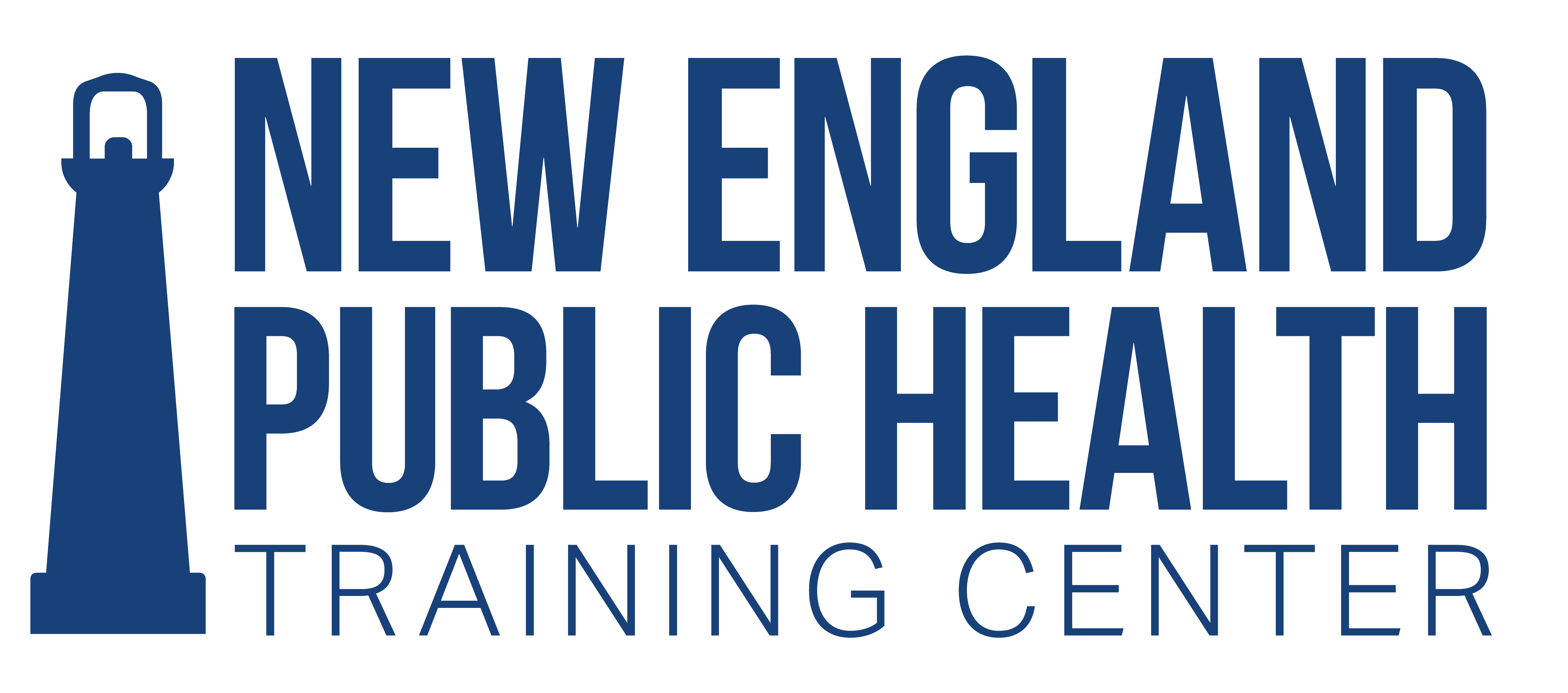
Towards a Weight Inclusive Public Health - Part 1: Understanding Weight Stigma
Reconsidering "obesity" and its "prevention"
How does weight stigma and anti-fat bias intersect with public health practice?

Course Information
- Audience: Public Health workers, researchers, healthcare providers
- Format: Self-paced
- Price: Free
- Length: 1 hour
- Credential(s) eligible for contact hours: 1 hour
Sponsored by New England Public Health Training Center (NEPHTC), a designated provider of continuing education contact hours (CECH) in health education by the National Commission for Health Education Credentialing, Inc. This program is designated for Certified Health Education Specialists (CHES) and/or Master Certified Health Education Specialists (MCHES) to receive up to 1. total Category I continuing education contact hours. Maximum advanced-level continuing education contact hours are 0. Provider ID: 1131137 Event ID: PM1131137_03252023.
If you are not seeking a CHES/MCHES contact hours, if you complete the post-test and evaluation, you will receive a Certificate of Completion. The Certificate will include the length of the course. - Competencies: Health Equity
- Learning Level: Awareness
- Supplemental materials: None
- Pre-requisites: None
About this course
A growing body of research implicates exposure to weight stigma in a variety of negative health outcomes (independent of BMI), including all-cause mortality and suicidality. Fat liberation activists have identified public health and healthcare systems as sources of weight stigma for more than 50 years. To disrupt the cycles of discrimination and poor health that jeopardize fat people’s well-being, Public health needs a paradigm shift from "obesity prevention" to understanding weight stigma as a social and structural determinant.What you'll learn
After completing the training, you will be able to...
- Define weight stigma as the devaluation of fatness and fat people
- Describe how weight stigma functions as a social determinant of health
- Explain how weight stigma mediates relationships between fatness and poor health outcomes
- Analyze how the construct of “obesity” naturalizes the health consequences of weight stigma as integral to fat embodiment
- Illustrate the weight stigmatizing consequences of “obesity prevention” as a public health priority
Subject Matter Experts
 |
 |
|
|---|---|---|
| Marquisele (Mikey) Mercedes | Monica Kriete, MPH | |
Presidential Fellow, Brown University School of Public Health, Co-host, Unsolicited: Fatties Talk Back |
Writer, speaker, and consultant |
Enrollment and Contact Hours
Note there are two different options for enrolling in this course highlighted in the table below.
The Certificate of Completion will include the length of the module. Generally 50 – 60 minutes is equivalent to 1 contact hour. Contact hours may be applicable towards continuing education requirements for certain credentials. Check with your credentialing body to verify if the topic meets its continuing education requirements.
Sponsored by NEPHTC & YSPH, a designated provider of continuing education contact hours (CECH) in health education by the National Commission for Health Education Credentialing, Inc. This program is designated for Certified Health Education Specialists (CHES) and/or Master Certified Health Education Specialists (MCHES) to receive up to1total Category I continuing education contact hours. Maximum advanced-level continuing education contact hours are0. Provider ID #1131137.
Having trouble accessing the course? Contact support@nephtc.org
Acknowledgement: This project is supported by the Health Resources and Services Administration (HRSA) of the U.S. Department of Health and Human Services (HHS) as part of award 2 UB6HP31685‐05‐00 “Public Health Training Centers.” The contents are those of the author(s) and do not necessarily represent the official views of, nor an endorsement, by HRSA, HHS or the U.S. Government.

